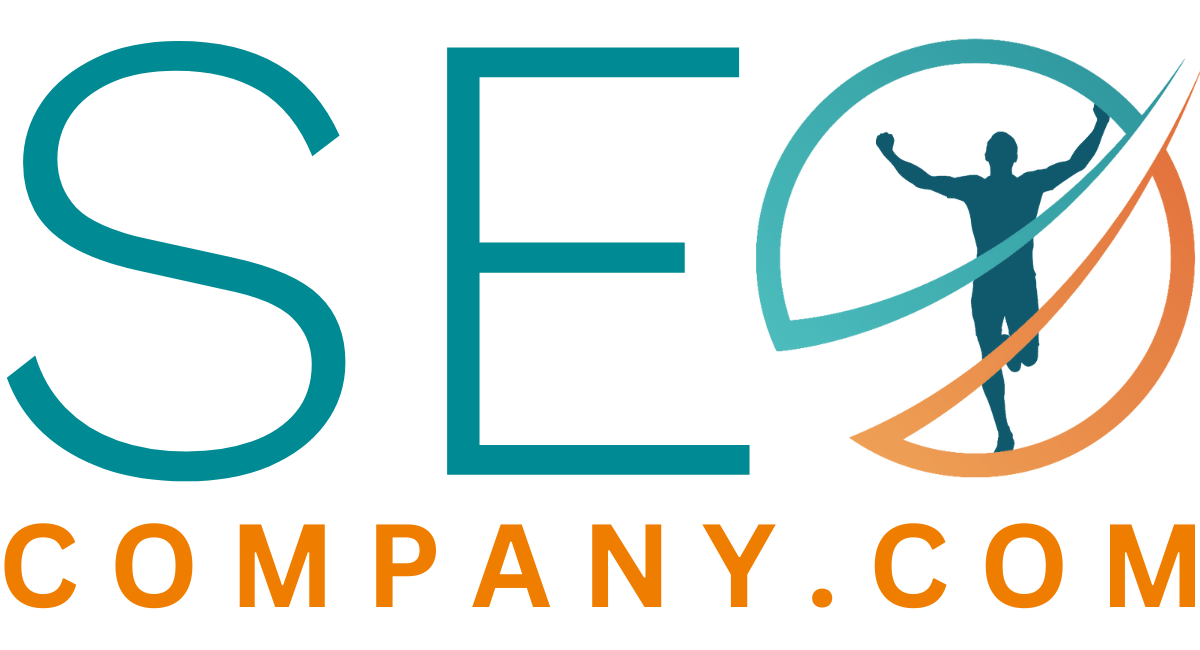What is a Broken Link?
A broken link is a hyperlink that no longer functions or leads to a dead end. When clicked, it displays a 404 error page or redirects to an irrelevant or outdated page. This type of link is not only frustrating to users but also affects website credibility and search engine rankings.
Relationship and Importance
Web Design: Broken links can negatively impact website design by disrupting the user experience. When a user clicks on a link that does not work, it damages the user’s confidence in the website’s ability to provide valuable information. Thus, a website with broken links can decrease user engagement, conversion rates, and overall traffic.
Accessibility and User Experience: Broken links can also impact accessibility and user experience. People with disabilities often rely on screen readers to navigate websites, and broken links can cause these readers to stop working, making the site unusable for them. In addition, broken links can also frustrate users with slow internet speeds or limited data plans, causing them to leave the site and find information elsewhere.
Search Engine Optimization: Broken links can affect search engine optimization by negatively impacting website credibility and usability. Search engines like Google place a high value on user experience and website functionality. If a website has numerous broken links, it signals to Google that the site is not trustworthy or valuable to users. This can result in a lower ranking on search engine results pages (SERPs).
Furthermore, broken links can also hurt SEO efforts by reducing the number of backlinks to a website. Backlinks are incoming links from other websites and are a crucial aspect of SEO. When a backlink leads to a broken link, it is considered a dead link, and search engines may not count it towards the website’s authority.
Black Hat and Google Guidelines:
While not inherently black hat, having too many broken links can signal to Google that a website is poorly maintained and not valuable to users. Therefore, it is important to fix broken links and maintain a functional website. However, some black hat SEO techniques involve intentionally creating broken links or redirecting links to irrelevant pages to manipulate search engine rankings. These practices are against Google guidelines and can result in penalties, including being removed from search engine results entirely.
History and Usage:
Broken links have been a problem since the early days of the internet. In the past, website owners had to manually check every link on their site for functionality. However, as websites grew larger and more complex, this became an impractical task. Today, there are several tools available to help website owners find and fix broken links, including Google Search Console, SEMrush, and Ahrefs.
Common Questions About Broken Links:
- Q: How do I find broken links on my website? A: There are several tools available to find broken links on your website, including Google Search Console, SEMrush, and Ahrefs. These tools will scan your website and report any broken links found.
- Q: How do I fix broken links? A: To fix broken links, you can either update the link to a functional URL or remove the link entirely. It is essential to ensure that any updated links lead to relevant and useful content.
- Q: Can broken links affect my website’s SEO? A: Yes, broken links can negatively impact your website’s SEO by reducing website credibility, usability, and the number of backlinks. It is important to regularly check and fix broken links to maintain website functionality and improve search engine rankings.
In conclusion, broken links can have a significant impact on website design, accessibility, user experience, and search engine optimization. While not inherently black hat, intentionally creating broken links or redirecting links to irrelevant pages is against Google guidelines and can result in penalties. Website owners should regularly check for and fix broken links to maintain website functionality and credibility.
